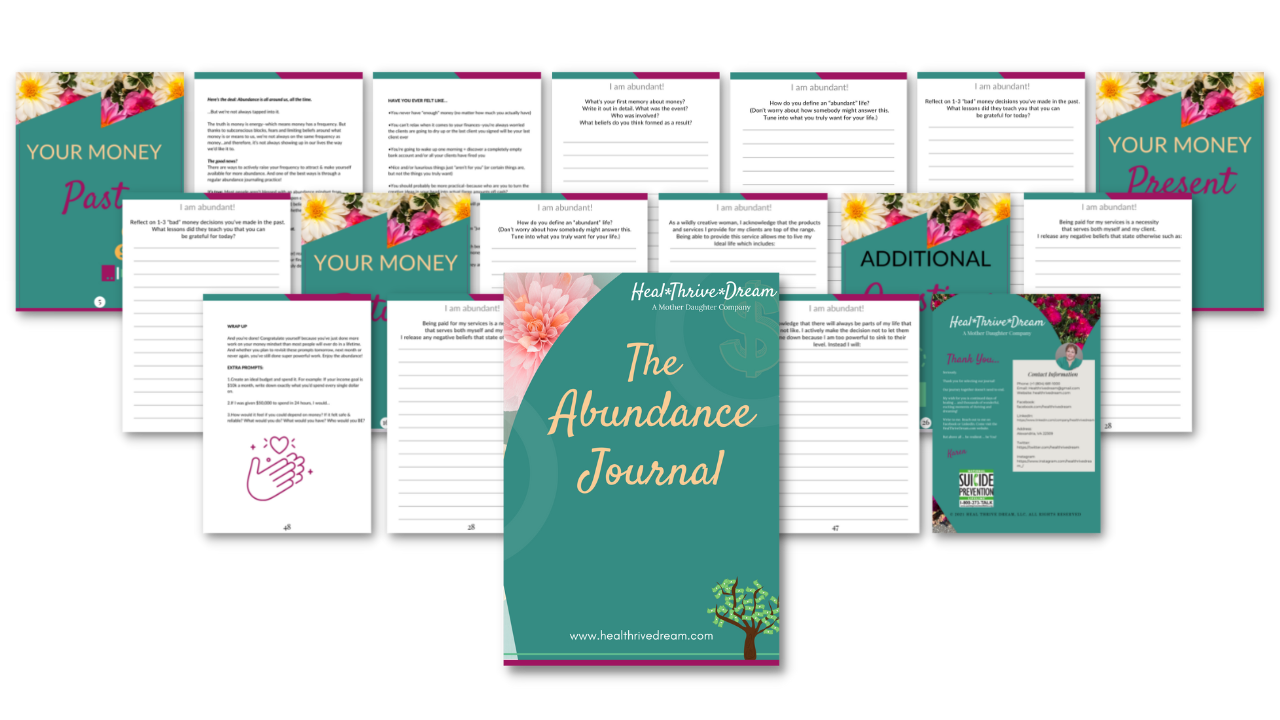Fall is my favorite season. Back to school excitement, pumpkin spice, and a season for gratitude as we prepare for Thanksgiving. As the leaves begin to change color and the air becomes crisp, we are reminded that autumn is a time of transition. For many people, this season is also a time to reflect on what they are grateful for. However, for those who are struggling with trauma, gratitude can be difficult to come by.
Although it may seem impossible, recovering from trauma is possible with hard work (can feel really hard) and determination. One of the first steps in recovery is to start practicing gratitude. This can be done by keeping a gratitude journal or simply taking a few moments each day to reflect on what you are thankful for. The fall season is the perfect time to start practicing gratitude and begin your journey toward recovery. Take advantage of the fresh start that autumn offers and use it as an opportunity to begin rebuilding your life.
Gratitude after trauma?
Gratitude is often seen as an emotion that is felt in response to positive experiences. However, researchers have found that gratitude can also be beneficial for people who have experienced trauma. A 2006 study published in Behavior Research and Therapy found that Vietnam War Veterans with higher levels of gratitude experienced lower rates of PTSD. Gratitude has also been shown to lead to positive outcomes following traumatic events such as campus shootings (Vieselmeyer, 2017: The Role of Resilience and Gratitude in Posttraumatic Stress and Growth Following a Campus Shooting) or destructive earthquakes (Lies, 2014: Gratitude and personal functioning among earthquake survivors in Indonesia), as well as following negative life experiences such as substance misuse (Chen, 2017: Does gratitude promote recovery from substance misuse?) Another study in 2011 in Applied Psychology, Health and Well-Being found that writing in a gratitude journal improves sleep and helps with insomnia. This is a matter of slowing our thoughts down and instead of having our thoughts spin out of control, we focus on gratitude until a relaxation response kicks in. Thank you to https://www.lifesolutions.io/gratitude-can-heal-trauma-and-change-your-life/ for sharing these statistics.
Focus
One of my mentors states, “Focus on what you want to grow!” Tips on focusing on gratitude:
- Say “thank you” frequently and consistently
- Pay a kindness forward
- Journaling what you are grateful for (big and small)
- Pray or meditate about gratitude
- Write about a happy memory
“Let us rise up and be thankful, for if we didn’t learn a lot today, at least we learned a little, and if we didn’t learn a little, at least we didn’t get sick, and if we got sick, at least we didn’t die; so, let us all be thankful.”
- Buddha
A resource that helped me enhance my gratitude journaling: One Thousand Gifts: A Dare to Live Fully Right Where You Are by Ann Voskamp.
Gratitude after trauma?
On the other hand, “Pretending you’re grateful when you’re actually not will just serve to bury your feelings. You don’t need to force yourself to think about your life in a way that isn’t true to you.”
– SARAH BENCE
Finding words to express the “why” behind your gratitude will help it feel more meaningful. Try to get yourself in a relaxed position by taking a few deep breaths. Then slowly look around the room you are in, your home, outside in nature. What do you see? What do you appreciate about what you can see? One time I thought I was dying in a spin class. I was NOT feeling gratitude for the burning, the sweating and the aches. Then I reminded myself, not everyone gets an opportunity to enjoy a workout class. I then focused on the GOOD. I became thankful for my powerful legs that allow me to walk and spin. It helped me feel more grateful AND more energized! I decided to recite gratitude statements every time I exercise and it really does help!
Please check out our Abundance Journal but also comment below about what you are grateful for!
I am grateful you came by to read my post!

Bible Planner For Survivors
Perfect way to keep your thoughts, prayers, and sermon notes organized and help you keep track of your spiritual journey and growth.



